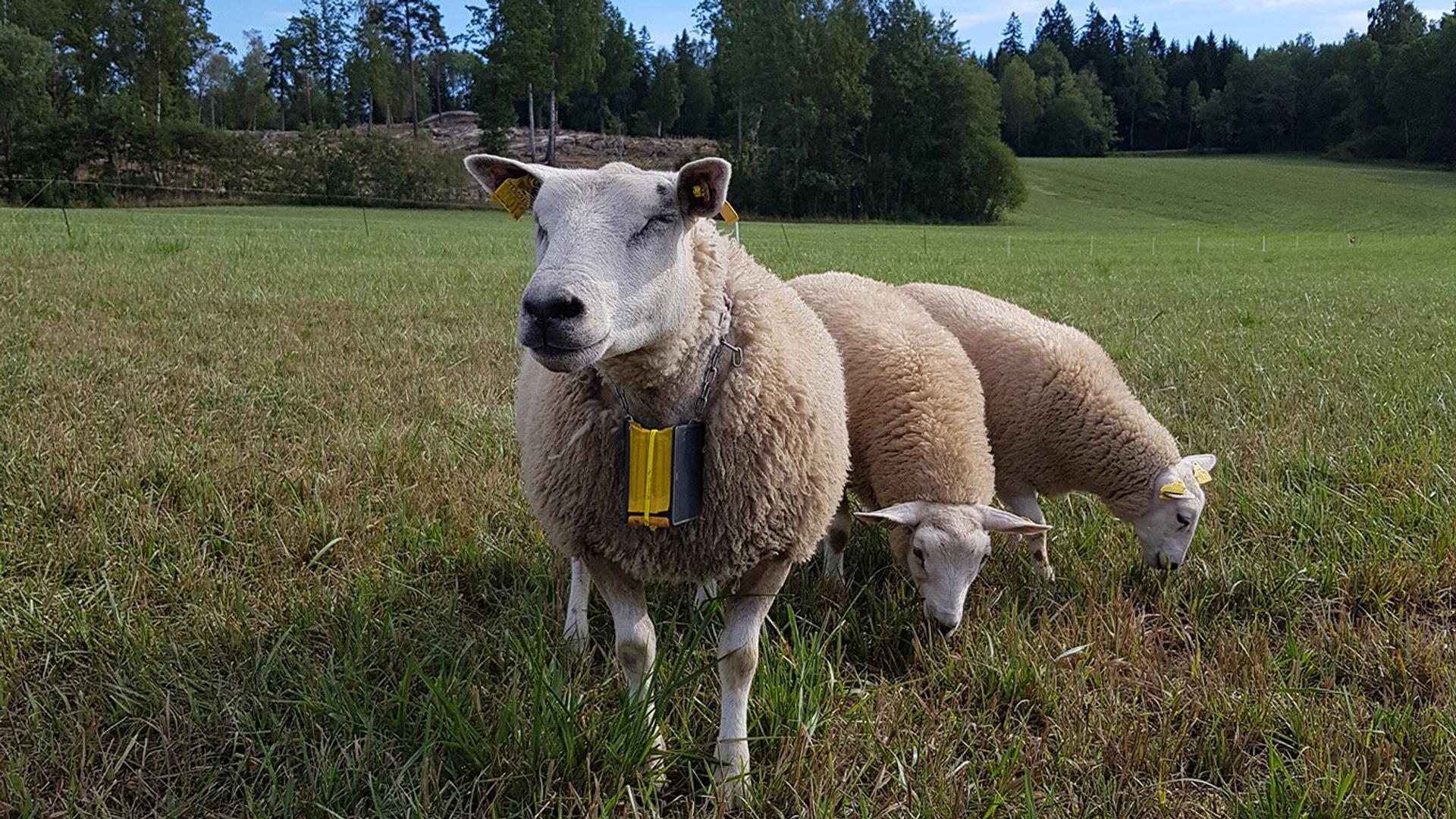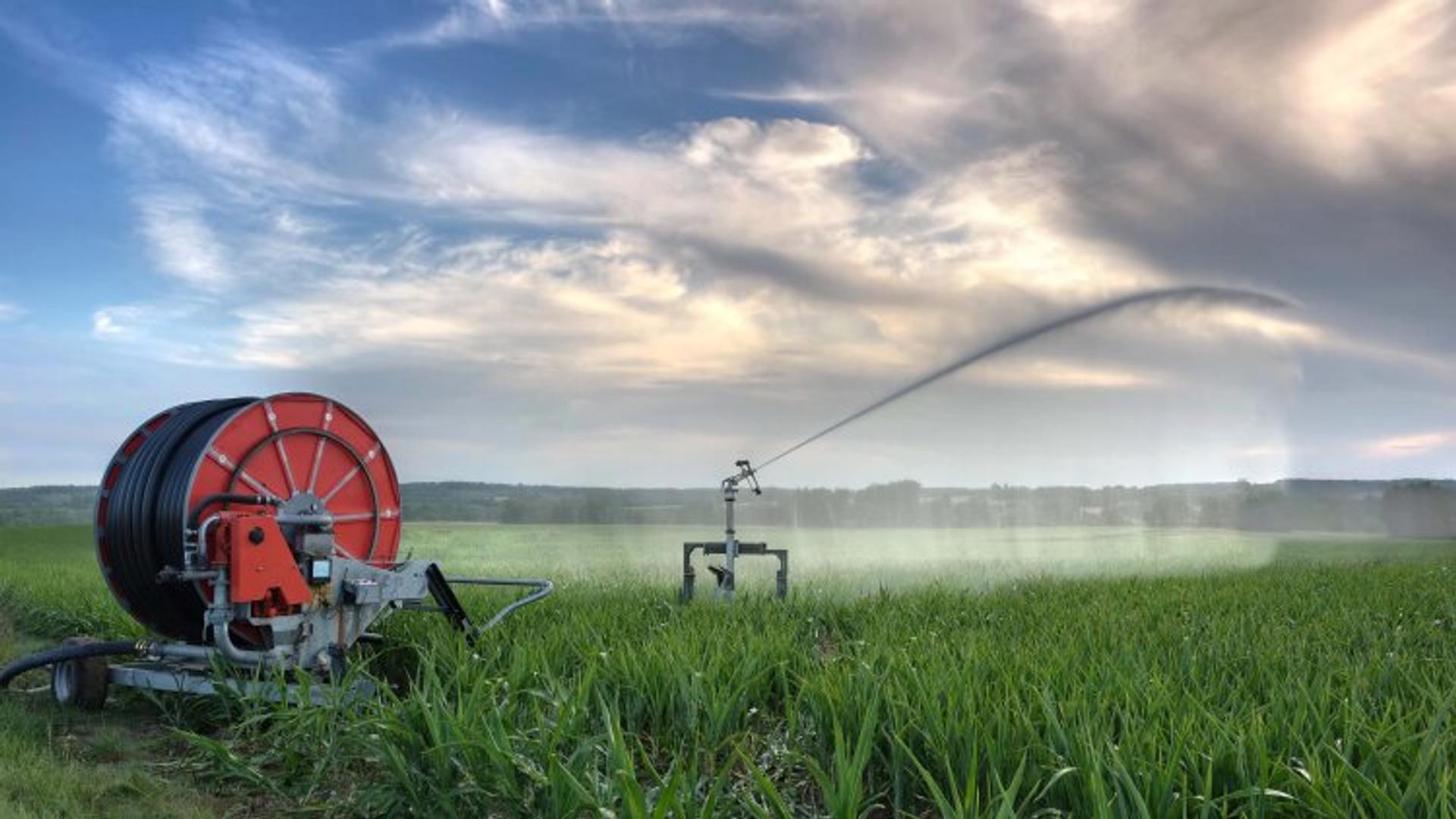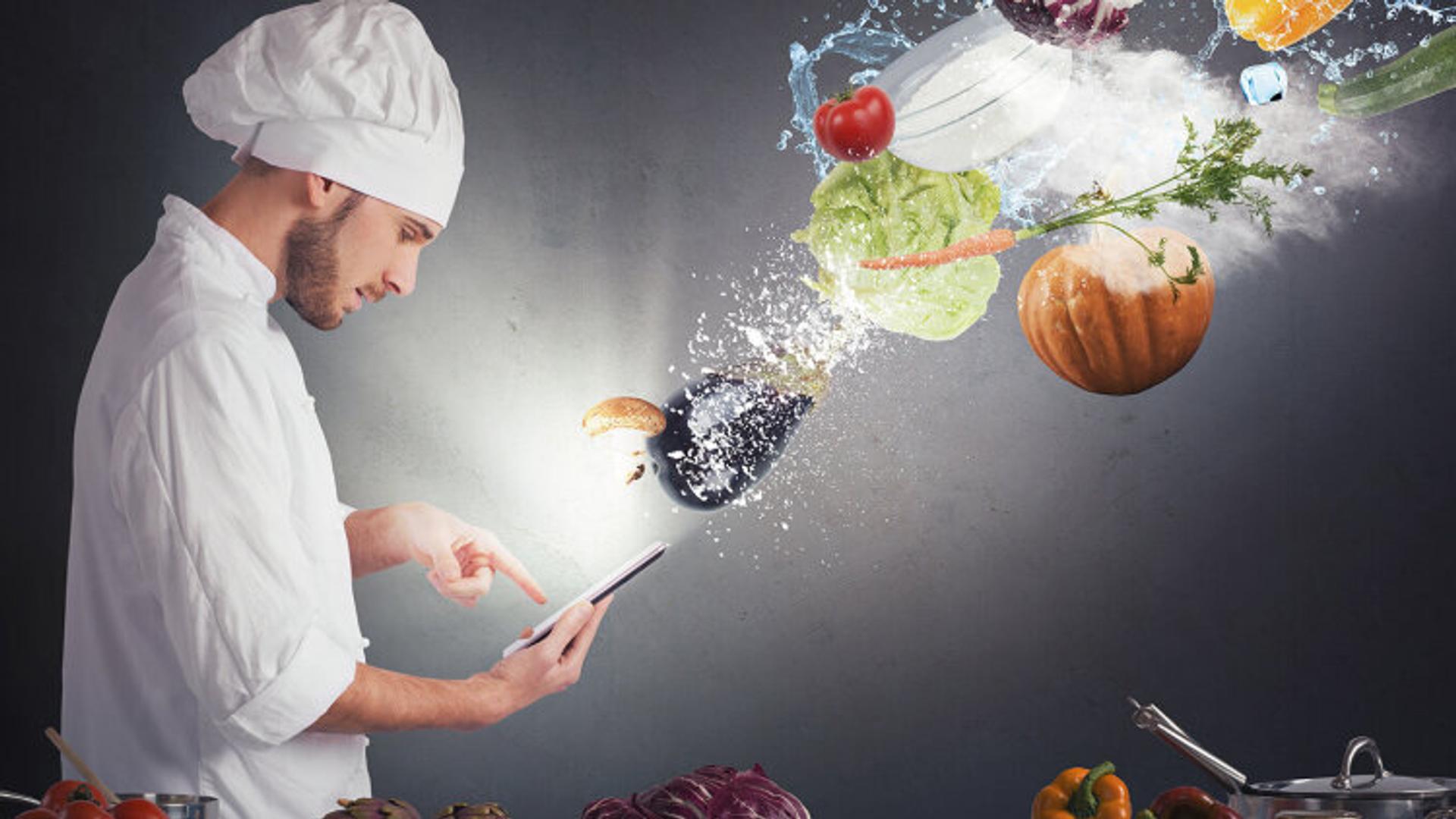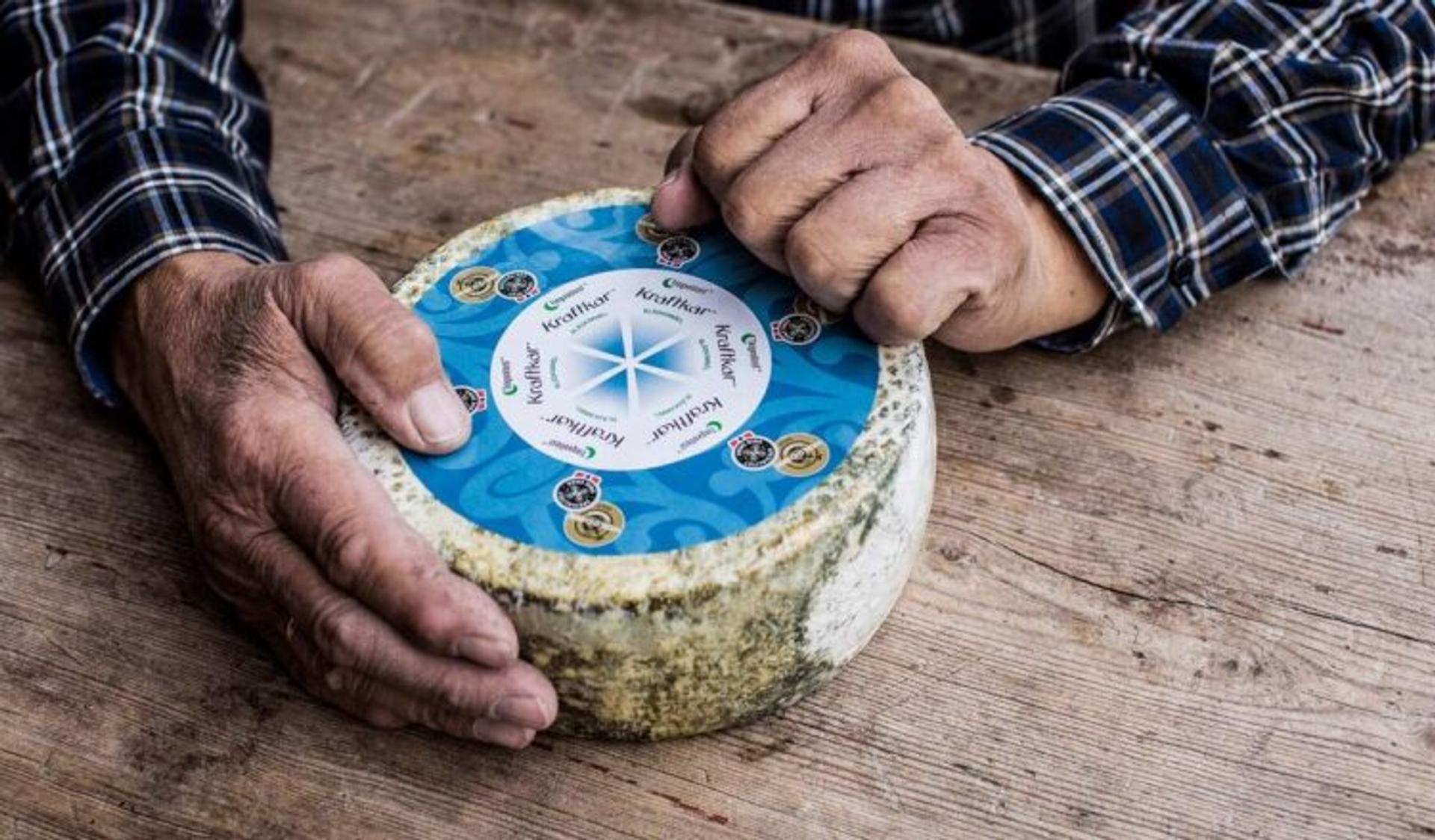Sustainable agriculture and food production with Norwegian technology

Sustainable food production is a pressing concern. According to a UN report, in 2017, one in nine people in the world went to bed hungry, while one in three suffered from malnutrition. Meanwhile, the earth’s resources are limited and under increasing pressure. It is abundantly clear that the world needs efficient and sustainable food production systems. This calls for new agriculture and aquaculture technology, more efficient resource use, and responsible and sustainable value chains.
Norway is making advances in this area. The Government has launched the Food Nation Norway initiative (see below). Companies, meanwhile, are doing their part by developing innovative solutions ranging from freshness indicators for food packaging to agricultural robots.
Here are some of the most exciting sustainable food production solutions from Norway right now.
Sustainable agriculture and food production technology
Sustainable food producers have an important role to play in achieving the targets of the Paris Agreement. For Norwegian producers, smart and efficient food production technology will be critical to reducing emissions. The country already has one of the world’s most modern and high-tech food production systems – with widespread, fast-paced digitalisation.
Land-based food production in Norway has nearly doubled since 1960. Labour input, meanwhile, is 35 per cent lower than in 2000 thanks to use of advanced food technology. Norwegian dairy farmers, for example, lead the field in using milking robots. Technology can help farmers to improve animal welfare and sustainable food production, while saving time and money. Moreover, the technological transformation is attracting more young people to agriculture.

Norwegian innovators in food production are helping to modernise traditional agriculture. These include Soil Steam International which has developed both mobile and stationary machines that use steam to clear soil of fungi, weeds, seeds and nematodes, without the use of pesticides. 7Sense , for its part, has developed irrigation sensors for reducing water loss.
Norwegian companies are also using their ingenuity to keep track of livestock. Nofence has created the world’s first virtual fencing system for grazing animals. Findmy, in turn, offers tracking collars that use GPS so farmers can monitor livestock on their smartphone.
Norwegian robots may well become a fixture on farms. Saga Robotics has developed Thorvald – an autonomous agricultural robot that can carry out a variety of tasks in the field. Kilter, meanwhile, has developed an autonomous weeding robot that can reduce use of herbicides by 95 per cent.
Marine technology for sustainable food production
Norway is known throughout the world for responsible and sustainable management of marine resources. The country’s extensive expertise is increasingly sought-after internationally and thus has potential for value creation in its own right.
On the technology side, equipment suppliers, the R&D community and the Government collaborate closely to develop innovative solutions for sustainable aquaculture.
Norwegian companies are also making great strides in utilising residual marine raw materials to make sustainable, high-value products.
The company Marealis, for example, uses discarded prawn shells to produce the active ingredient Marealis RSPC, which controls blood pressure. Arctic Bioscience, meanwhile, produces an omega-3 supplement with caviar oil extracted from herring roe, a side stream from herring fisheries.
Responsible and sustainable food consumption
There is tremendous public engagement in achieving more sustainable food production. This will require improved food transparency and traceability, and one of the tools to help to attain this is blockchain technology. The food industry can use blockchain technology to document the entire value chain, describing the journey of a food from when it is taken out of the soil or the sea until it ends up on a plate on the consumer’s table.
Reducing food waste is also vital for creating sustainable food production. Norwegian companies are doing their share here as well. KeepIt Technologies has designed an indicator for food packaging that monitors temperature and shows the actual remaining shelf life. Startups TotalCtrl and Foodlist, meanwhile, have taken different approaches to solving the food waste problem, creating apps giving consumers and restaurants better control. All of these innovations in food technology can also help to improve food safety and food security, while boosting revenues.

Food Nation Norway: sustainable food production
Food Nation Norway is a broad political framework for business development and value creation based on safe and healthy Norwegian food – and sustainable food production. The Government is challenging the food industry, organisations and individuals to commit themselves to an action plan that also focuses on good plant health, good animal and fish welfare, and documentable quality in all segments of the food chain. The vision of the Food Nation Norway initiative is to achieve by 2030 sustainable food production and use of food, sustainable agriculture, exceptional food and drink experiences, and reduction of food waste in accordance with national and international commitments, among other aims.

